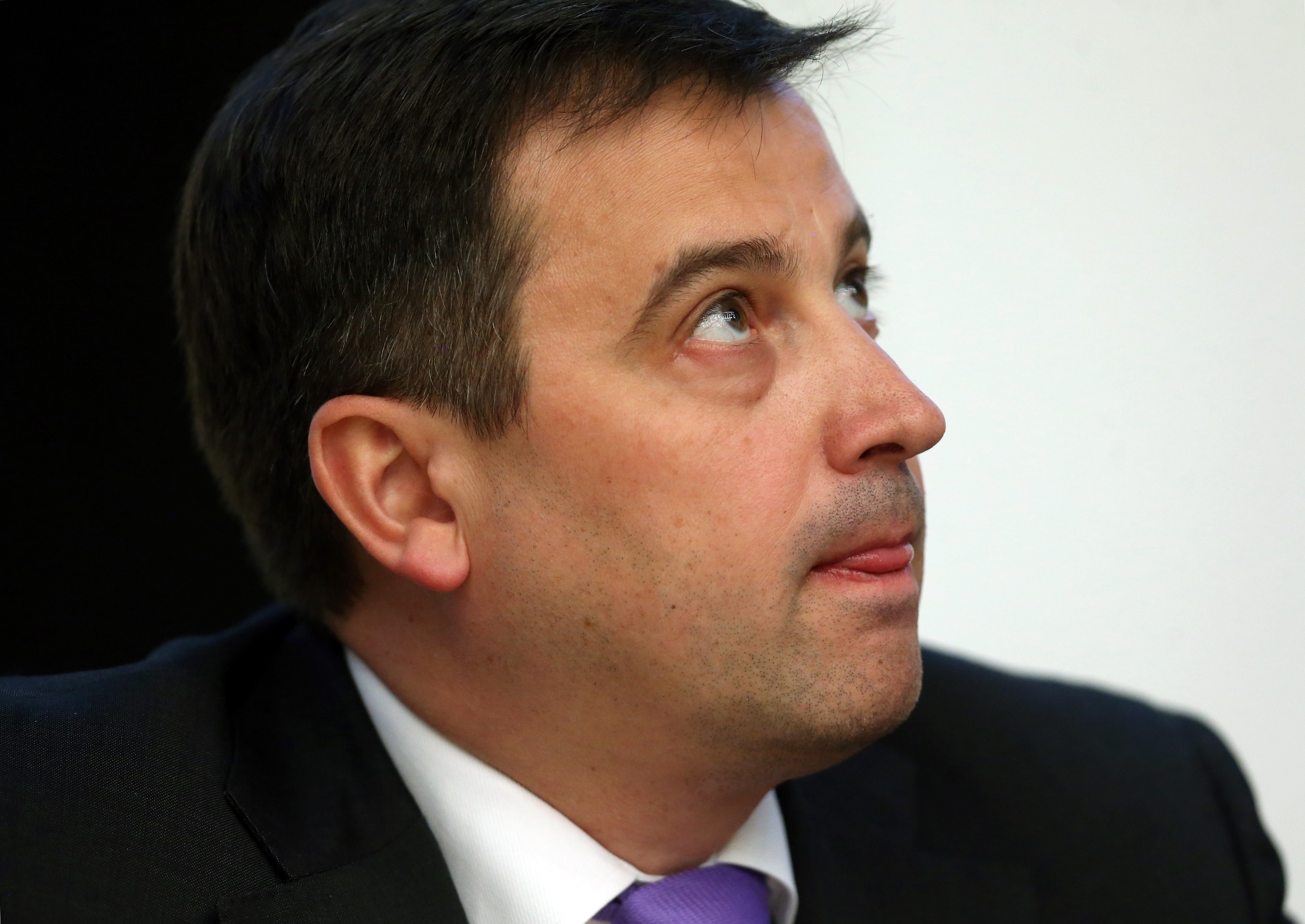ID :
397494
Thu, 02/18/2016 - 09:57
Auther :
Shortlink :
https://oananews.org//node/397494
The shortlink copeid
Russia’s energy ministry considers reasonable for Iran to gradually enter oil market

MOSCOW, February 17. /TASS/. It’s reasonable for Iran to gradually enter the oil market to get the most of revenues at each stage, deputy minister Kirill Molodtsov told TASS on Wednesday.
"Iran may have two strategies. The first is to flood the market and get as much as possible, which is a workable strategy in case they have no funds. But they do have funds, around $100 bln, a serious sum, which has been frozen. The second strategy is to gradually enter the market and consequently get the most of revenues from each tonne. They should be following this strategy," he said, adding that "market regulation" is only possible in this case.
According to Molodtsov, Iran has to defer to the opinion of other market participants. "They should first hear what they’ve been offered. The parity price for oil is above $40," he said.
Four-party negotiations are being held in Tehran now, attended by oil and energy ministers of Iran, Venezuela, Iraq and Qatar. The talks are focused on potential oil production freeze.
On Tuesday Russia, Saudi Arabia, Qatar and Venezuela agreed on freezing oil output at January levels for 2016 in case other oil producers - both OPEC member-states and non-OPEC states - join the initiative.
Tehran expects to be offered special provisions regarding oil production due to the fact that anti-Iran sanctions were lifted on January 16. The country insists on re-gaining its pre-sanctions market share.
In 2011, Iran was OPEC’s second-biggest oil producer with 3.6 mln barrels daily output and 2.5 mln barrels daily export. After sanctions were imposed in 2012 production dropped to 2.7 mln barrels, record lows of the previous 25 years. In 2015, the country produced an average of 2.8 mln barrels per day.
According to the data provided by the country’s first vice president Eshaq Jahangiri, currently its oil export equals 1.3 mln barrels per day and is expected to reach "1.5 mln (barrels) in March."
Read more





